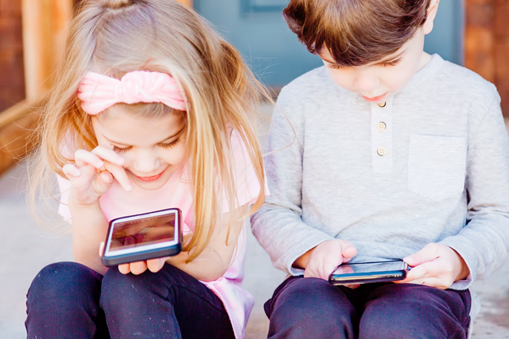Study: Concern for gender equality across kids media
March 8, 2023

A global study of 5,000 families across 10 countries, spanning six continents, has revealed parents and children’s desires for gender equality across children’s media content, in time for International Women’s Day.
The study of 20,147 family members was carried out by insights, strategy and creative agency Kids Industries (KI) and reveals that 15 per cent of children and 12 per cent of parents are concerned about gender inequality in relation to their child’s future. This concern rises to 25 per cent amongst children in Nigeria and 26 per cent in India.
In terms of the features that parents consider in the screen-based content (TV, films, games) that their children enjoy across media content, 28 per cent felt that viewing equal gender representation was important. 17 per cent of parents also felt that having diverse creator teams behind the scenes was key.
A further 25 per cent of children cited that ‘seeing people being unfair to others based on who they are – e.g., their gender or skin colour made them unhappy’.
The full report, which homes in on what it means to be a family in 2023 and presents a timestamp of family life today around the world (in terms of attitudes, media habits, mental health and hopes for the future) will launch at Kids Industries’ Global Family conference on March 21st in London.
“This year’s International Women’s Day is encouraging everyone to #embraceequity and celebrate women’s achievements, raising awareness about discrimination and taking action – and that’s exactly why we’re releasing this data,” explains Jelena Stosic, Strategy Director at KI commented.
“Achieving equity is a must-have and the toy, gaming and media content industries have a responsibility to increase their efforts in creating characters that are diverse and inclusive. There has been some great work over the past twelve months – with Lego releasing new characters including a girl with the skin condition vitiligo, one with limb difference and another with anxiety to its collection of Lego Friends figures and Mattel launching a Barbie with scoliosis, but as our data suggests, there’s still a long way to go. Even though we are seeing a number of parents and children reporting that equal gender representation is important to them in content, it’s still under a third of them. Given the role that media, entertainment and play have in how our identities and future are shaped – it’s a call to action to all of us to do better. Better, arguably, than our audience is calling for,” she concluded.
